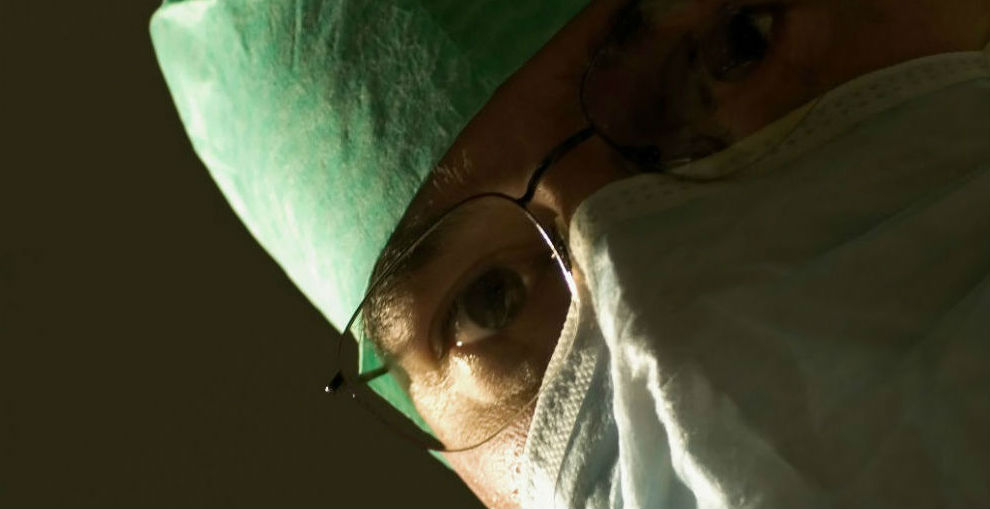
An exhaustive look at medical malpractice lawsuits tells us that surgical errors are among the top preventable medical mistakes made, and that nearly one out of every 10 patients who suffers a significant error during surgery dies as a result.
Coverys, a leader in medical professional liability insurance for physicians for over 45 years, has done an extensive study of the causes of surgical and clinical errors. In February 2020, the company released a white paper that examined serious errors made during surgery (“Surgery Risks: Through the Lens of Medical Malpractice Claims.”) The report is based on more than 10,000 medical malpractice claims closed between 2014 and 2018.
Top Errors Leading to Medical Malpractice Lawsuits
The report began by detailing the top causes for medical malpractice lawsuits:
· Misdiagnosis – 32% of medical malpractice lawsuits
· Surgical errors – 25% of medical malpractice lawsuits
· Medical management errors – 13% of medical malpractice lawsuits
· Obstetrical errors – 6% of medical malpractice lawsuits
The remainder of the report further examined the 2,579 surgery medical malpractice lawsuits included in the five-year study.
The white paper notes that surgical errors include not only the time in the operating room but also related care and decisions made before and after the procedure. It also sadly reveals that 9% of patients who suffered a significant surgical error died.
Common Surgical Mistakes
In terms of errors related to surgical procedures, the report lists:
· Performance of the surgical team
· Surgical item left in patient’s body
· Performing an unnecessary procedure
· Operating on the wrong side or site of patient
· Operating on the wrong patient (yes, this has occurred)
What are some of the most frequent causes of these serious surgical errors? Distractions in the operating room is one risky condition identified in the medical malpractice lawsuits report.
The authors observed that many medical malpractice claims were brought against well-trained, experienced and skilled surgeons. Proficiency wasn’t the issue, as the surgeons often had done the procedure in question successfully numerous times previously.
However, a noisy, distracted OR was frequently described during lawsuit depositions, according to the white paper. Examples given were loud music playing or members of the surgical teams on their cell phones. Such distractions were especially harmful during complicated surgeries that demanded the utmost concentration and skill.
Based on the report’s findings it recommends strongly that operating rooms be free of such dangerous distractions as cell phones or team members frequently coming and going during an operation.
Mistakes made prior to surgery (preoperative) and following surgery (postoperative) accounted for a significant share of surgical malpractice lawsuits – 14% and 18% respectively.
In the preoperative phase, special care must be taken to ensure the procedure is necessary and in the best interest of the patient. To guard against preoperative mistakes, surgeons should use established criteria for judging surgical candidates, carefully evaluating patient risk factors and potential outcomes, and carefully consider any underlying patient medical issues that may jeopardize performing a safe procedure.
To prevent serious patient harm following surgery, the report says proper protocols should be established and followed for these important postoperative steps:
· Patient monitoring
· Post-operative transition
· Patient discharge instructions
· Follow-up with patient after an operation
No surgery should ever be considered routine by patients or surgical teams. Every surgical patient should receive appropriate care and attention. Unfortunately, based on the report, this does not always occur.
If you had a loved one die or suffer serious medical consequences before, during, or after surgery, a preventable error may have been the cause. Turn to an experienced medical malpractice lawyer to investigate.
The choice of a lawyer is an important decision that should not be based solely on advertisements.
Authored by Gray Ritter Graham, posted in Blog January 26, 2021

 RSS Feed
RSS Feed